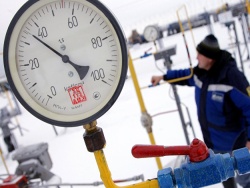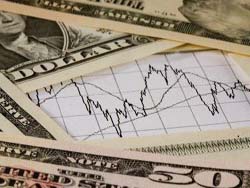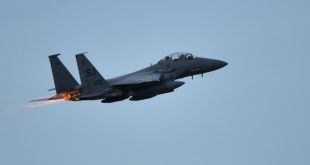
World currency rapidly strengthened against the background of the rally in oil prices since the beginning of April jumped by 50%.
The fall of commodity prices over the past year and a half has led to a collapse in the value of currencies in the countries-exporters of oil around the world, from Canada to Australia, from Russia to South Africa. However, despite the fact that oil prices, at first glance, are the minimum values of the currencies of countries that depend on commodity exports begin to recover lost ground.
Australian and new Zealand dollars rose to a maximum in relation to dollar for last 10 months. The canadian loonie is at a high level in the last 9 months.
This week, the currency received an additional boost after the oil markets largely ignored the disastrous meeting in Doha. On the background of the temporary cessation of oil supplies, rising demand and declining production volumes of kancevica USA, oil prices stuck at around $40 per barrel.
The Russian ruble is at its maximum since November, showing consistent growth, as in February, oil prices began to recover. The same applies to the South African Rand.
Countries with currency references by definition are not faced with fluctuations in the value of their currencies. However, the pressure on them in the last year, in which they had to abandon fixed exchange rates was enormous. Nigeria, for example, suffers from a shortage of currency due to the rigid binding of national currency to the dollar, which leads to a lack of foreign exchange reserves, is becoming increasingly difficult to adjust the import.
After oil prices fell below $40 per barrel, Kazakhstan gave up its anchor currency in August last year. Cash reserves were depleted too quickly. Once in Kazakhstan was established free-floating exchange rate, immediately began the devaluation of the tenge. In the following months, the currency lost more than half its value, but since February have returned nearly 15% of the lost positions.
For the last two months the Mexican peso regained about 10% of its value, however, the decline in oil production and unsustainable growth capped the rally of the currency. The Central Bank sold dollars to shore up the currency, but it was not as successful as many would wish.
Saudi Arabia has enough currency reserves to withstand low oil prices, however, and the Kingdom suffered many losses. In February Saudi stocks down below $600 billion, we will remind, in August 2014 they were $740 billion, Few expect that Saudi Arabia will abandon its peg currency.
Another factor that influenced the state of the world’s currencies became softer stance by the fed since December of last year. After raising interest rates for the first time in many years, and the prospects for numerous increases in the rates in 2016, the fed has passed the position.
Of course, the fed does not act in isolation from the reality – with the decline in oil prices is more likely that the fed will commit to a rate hike.
“The main argument is this – if you had to deal with declining oil prices, maybe the fed will act more cautiously in raising rates,” said the chief currency strategist for BNY Mellon’s Simon derrick.
Faster growth in oil prices may cause inflation, creating the conditions for more action by the fed. More aggressive position will strengthen the dollar and stop the rally world currencies.
Shares are also on the rise. Reuters reports that the MSCI index this week rose to the highest level since December, as the supply of oil in Kuwait contributed to the increase in oil prices.
“Pretty amazing, as oil prices recovered from their lows on Monday. Until oil remains above $43 a barrel, the commodity currencies will remain at their levels,” said Nordea currency strategist Niels Reuters Christensen.







